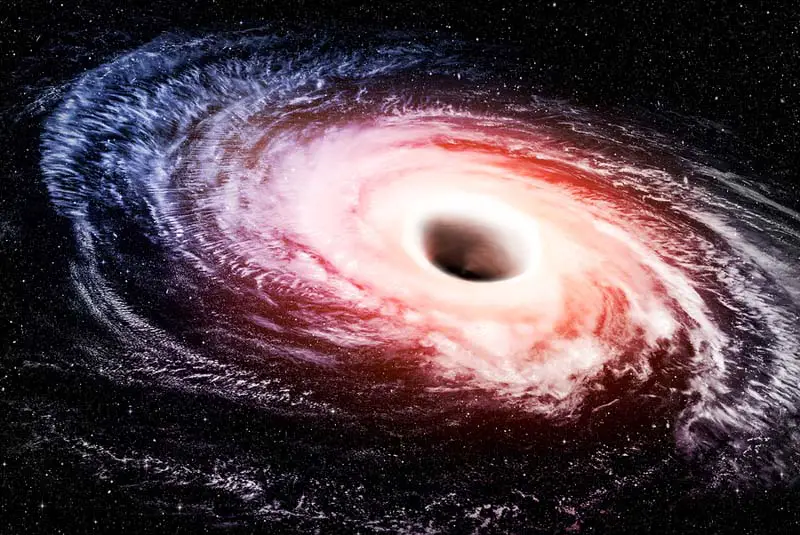Introduction

Astrophysics, the study of our universe, is an eternal subject. We exist because the universe exists. Studying the heavenly bodies in the sky began centuries ago – and remains to this day one of the most interesting scientific fields. For those of of who are unconvinced of astrophysics general appeal and find such a career abstract and impractical, perhaps you should take a look at Glassdoor’s statistics of the profession’s average annual salary: $ 74.000. This sounds like a practical appeal to us.
Whether you are in it for the grandiosity of the subject, a pure love of the cosmos or are just looking a profitable way to monetize your skills astrophysics is a great choice. Your first step, however, is getting your foot into the door: Finding the best college to study astrophysics.
Massachusetts Institue of Technology (MIT)
MIT was founded in 1861 – and is widely regarded as the best university in the world. It hits the maximum 5+ QS stars rating according to Top Universities consistently in all categories: Research, teaching, facilities, innovation, specialist criteria, inclusiveness, employability. MIT’s Kavli Institute (MKI) for Astrophysics & Space Research is one of the world’s leading institutions in the field. It has been designed to provide an intellectual home for all interested parties – faculty, staff and students.
The MKI is engaged in developing relevant technology and maintaining an engineering and technical core capable of enabling and supporting all innovative research. The Institute’s standards of quality is especially high: In 2016, out of 26.463 highly qualified applicants, only 3.480 (13%) received offers of admission. The selection requirements are a blend of previous outstanding academic achievement, as well as specific personality and character traits like creativity, intensity, curiosity, risk and initiative-taking.
Harvard University
Considered the overall #3 best University in the world, Harvad University is America’s oldest institution of higher education. Amongst its list of graduates, one can find numerous American presidents as well as high profile, extremely successful individuals like Facebook founder Mark Zuckerberg or Microsoft founder Bill Gates. Harvard-Smithsonian Center of Astrophysics is one of the leading institutions on astrophysics in the world. It is composed of the Harvard College Observatory (HCO) & the Smithsonian Astrophysical Observatory (SAO).
Harvard offers a uniquely rich and varied program that blends theoretical, observational and experimental work together. Students have plenty of opportunity to conduct research in pretty much every branch and aspect of both astronomy and astrophysics in state-of-the-art extensive facilities. Like most other elite level Universities, Harvard has a great deal of requirements in order for an applicant to be offered admission. A student aspiring to get started on Harvard should consider his admission as a one in a lifetime personal investment.
Stanford University
More than a hundred years old, Stanford is widely regarded as an elite level university – often going to to toe with MIT for the number one position. Stanford is based in Silicon Valley in California. It was the academic home of dozens of world’s brighest researchers, entrepreneurs and influencers of recent memory, like Elon Musk, and has produced a number of American president as well, like John Kennedy.
Stanfords offers multiple options for aspiring astrophysicists. The Kavli Institue for Particle Astrophysics and Cosmology (KIPAC) was inaugurated in 2003 as an independent laboratory of Stanford. It serves as a bridge between all disciplines relevant to the study of the cosmos – astrophysics, particle physics & cosmology. It exists for a single goal: The understanding of the universe at large.
Stanford’s current research explores a number of critical matters, indicative of which are the following: Dark matter structure, galaxy formation, neutron stars, particle acceleraion and the very early universe.
University of Cambridge
One of the oldest universities of the whole planet, Cambridge University was first founded in 1209. Amongst its most significant alumni are included personalities like Sir Isaac Newton – who discovered gravity – and the mathematician Stephen Hawking. An oustanding choice for all European based aspiring astrophysicists, the Institute of Astronomy of Cambridge hosts one of the largest concetrations of research astronomers in the United Kingdom.
The Institute is home of a very broad range of research, covering most facets of solar, stellar, galactic and extragalactic astronomy on an observational and theoretical level. Frequent lectures by renowned international, national and local astronomers contribute to the Institute’s thriving, vibrant scientific atmosphere. All interested parties can benefit from accessing Cambridge’s latest literature on all things astrophysics online.
University of Tokyo
The University of Tokyo was first established in 1877. As of 2017, it was ranked as the 34th best university in the world in the QS World University rankings. The Department of Astronomy of Tokyo University’s School of Science numbers only 10 members – making it one of the smallest in the Science faculty, and an ideal environment for those interested in personalised, focused attention. Its research is focused on answering the greatest astronomy challenges today, such as investigating the origin of our solar system and exploring the history of the universe.
Students aspiring to be a part of the Tokyo University can refer to the following page and refer to the respective contact details. Selection is based on the applicant’s past academic records, any potential letter of recommendation, a statement of purpose. In addition, a GRE Subject or General Test Score is required.
Conclusion
Astronomy and astrophysics are now at a major point – large-scale digitization demands change. As technology moves forward, research is getting facilitated and the whole scientific field is becoming a high-precision science. There is no better time for aspiring students to apply for an astrophysics degree than now.
Your future will be bright and career and research opportunities will be plenty. If anything, your prospects will only improve as time goes on. Do not hesitate for a second to pursue an academic degree in astrophysics – and be part of extremely interesting, varied and significant research and scientific activity.

